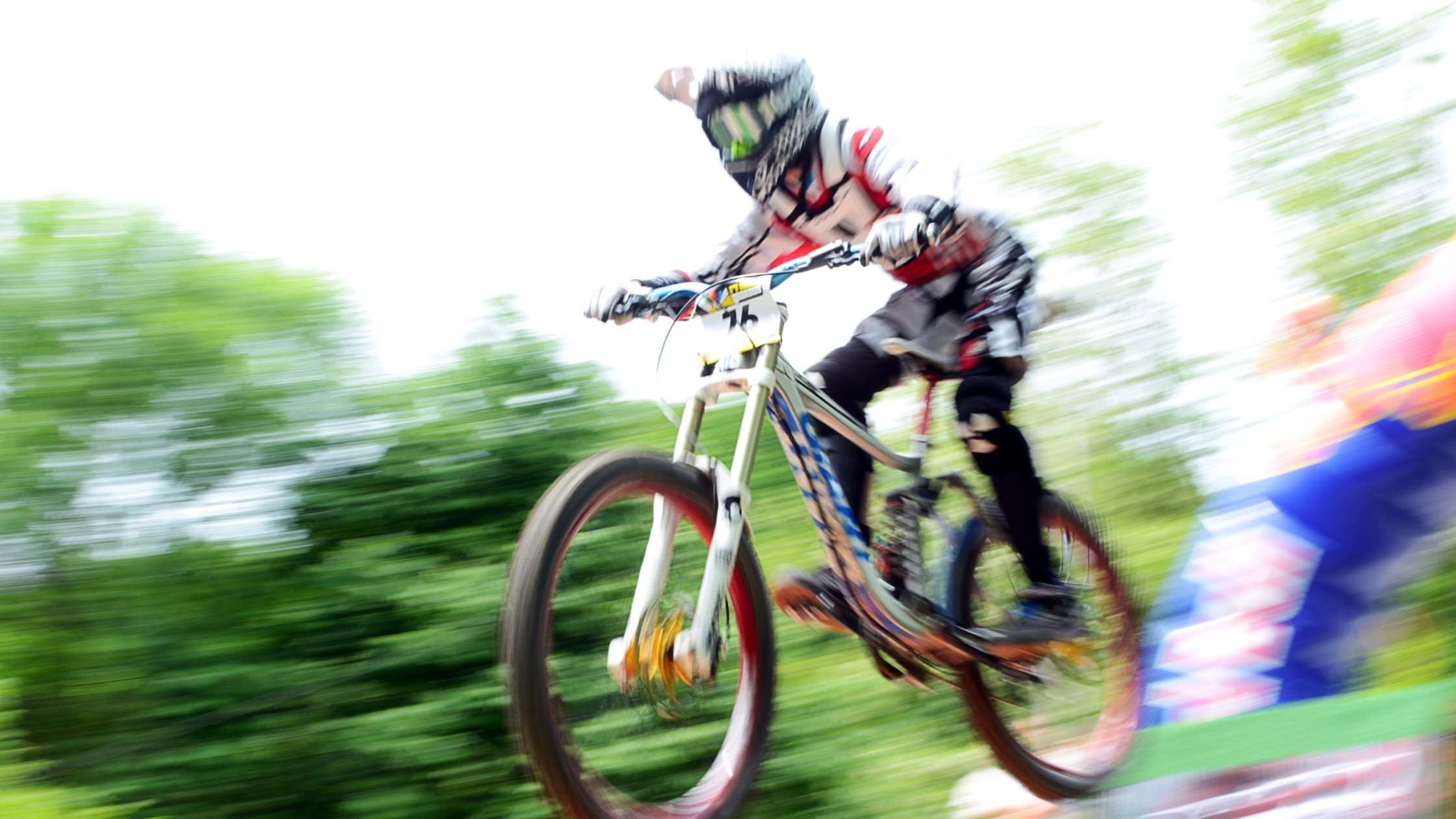
Essential Skills for Athletes Coping with Injury
By setting goals, practicing positive self-talk, utilizing visualization techniques, managing stress, seeking social support, and monitoring mental health, athletes can cultivate mental resilience, maintain a positive mindset, and emerge stronger from their injury setbacks.

Grief and sports
Coping with loss while participating in sports presents unique challenges that demand a sensitive and comprehensive approach.

Concussion Recovery in Sports
Concussions are a prevalent concern in sports, and their management and recovery play a vital role in ensuring the long-term health and well-being of athletes. Recognizing the importance of a comprehensive approach to concussion recovery, here are valuable guidelines to promote a safe and effective return-to-play.

The balance between fear and risk
Fear is an emotion that can elicits a biochemical reaction and emotional response. Fear works to alert us to potential threats, which may be physical or psychological.

Imposter syndrome
When we don’t contend with feelings of self-worth and recognition of our own abilities, it can build and eventually inhibit our well-being. This can mean experiencing increased levels of exhaustion, emotional stress, and burnout.

Athletes and anxiety
Anxiety is very common in endurance athletes, as with many sports. It is a part of sport that is a reaction with external stressors that are outside of the athletes control. It is important to understand what it means to work on attention regulation in the context of endurance sport racing, so that the athlete learns to maintain “focus forward” attention so that they can perform at their highest level.
